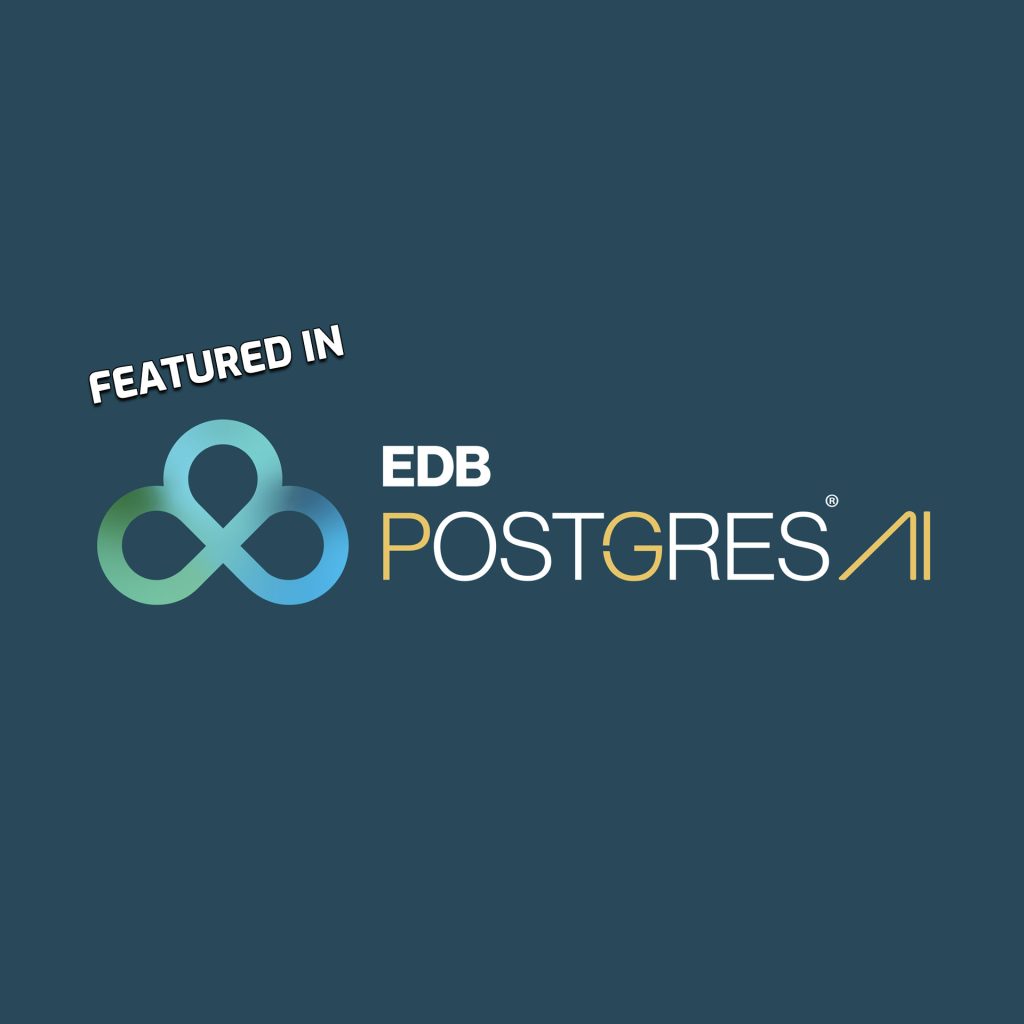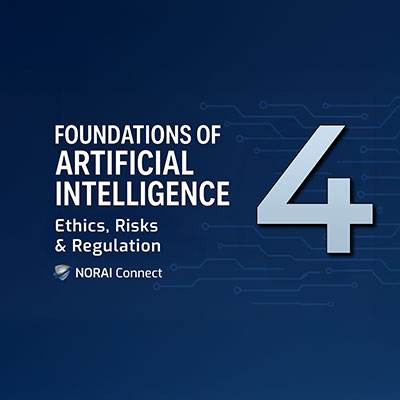AI is transforming industries worldwide, and Europe is no exception. However, with rapid technological advancements come the need for robust regulatory frameworks to ensure ethical and safe AI deployment. Enter the European Union’s Artificial Intelligence Act (AI Act), a landmark legislation poised to reshape how businesses operate within the EU. As we live in 2025, it’s crucial for businesses to understand the implications of this Act and prepare accordingly.
Understanding the EU AI Act
The EU AI Act, adopted by the European Parliament in March 2024, is the world’s first comprehensive law regulating AI. Its primary objective is to ensure that AI systems used within the EU are safe, transparent, and respect fundamental rights. The Act employs a risk-based classification system, categorising AI applications into four distinct risk levels: softwareimprovementgroup.com
Unacceptable Risk: AI systems deemed a threat to individuals or society, such as those manipulating vulnerable groups or enabling social scoring by governments, fall under this category. These systems are prohibited within the EU. softwareimprovementgroup.com
High Risk: This category includes AI systems that significantly impact safety or fundamental rights, such as applications in healthcare, education, or critical infrastructure. Businesses deploying high-risk AI systems must adhere to stringent requirements, including risk assessments, conformity assessments, and continuous monitoring. softwareimprovementgroup.com
Limited Risk: AI systems with limited risk are subject to specific transparency obligations. For instance, users should be informed when interacting with AI systems, allowing them to make informed decisions. softwareimprovementgroup.com
Minimal Risk: Most AI applications, such as spam filters or AI-enabled video games, fall into this category. These systems are largely unrestricted under the Act, though providers are encouraged to adopt voluntary codes of conduct. softwareimprovementgroup.com

Key Dates and Compliance Deadlines
Businesses must be aware of the phased implementation of the AI Act:
February 2, 2025: Prohibitions on AI systems posing unacceptable risks came into effect. Additionally, organisations must ensure adequate AI literacy among employees involved in AI deployment and usage. softwareimprovementgroup.com
August 2, 2025: Obligations for providers of general-purpose AI models and provisions on penalties, including administrative fines, become applicable. softwareimprovementgroup.com
August 2, 2026: Rules governing high-risk AI systems become enforceable. EU
August 2, 2027: Extended transition period ends for high-risk AI systems embedded into regulated products. EU
Implications for Businesses
The AI Act’s comprehensive framework means that businesses operating within or targeting the EU market must take proactive steps to ensure compliance:

- Risk Assessment: Identify and classify AI systems based on the Act’s risk categories. This assessment will determine the level of regulatory requirements applicable to each system. softwareimprovementgroup.com
- Compliance Measures for High-Risk AI: For AI systems classified as high risk, implement necessary measures such as conducting risk assessments, ensuring robust data governance, maintaining detailed documentation, and performing conformity assessments. Norton Rose Fulbright | Global law firm
- Transparency Obligations: For limited-risk AI systems, ensure that users are informed about their interaction with AI. This includes clear disclosures when AI is used to generate content or make decisions.softwareimprovementgroup.com
- AI Literacy: Invest in training programs to enhance AI literacy among employees involved in AI-related tasks. This ensures that staff can effectively operate and oversee AI systems, aligning with the Act’s emphasis on human oversight. softwareimprovementgroup.com
- Monitoring and Reporting: Establish mechanisms for continuous monitoring of AI systems and reporting any serious incidents or malfunctions to the relevant authorities.
Penalties for Non-Compliance
The AI Act imposes substantial penalties for non-compliance, ranging from €7.5 million to €35 million or 1% to 7% of the global annual turnover, depending on the severity of the infringement. Such significant fines underscore the importance of adhering to the Act’s provisions. EY USA
Global Reach of the AI Act
Notably, the AI Act’s scope extends beyond EU-based companies. Any organisation developing, deploying, or operating AI systems that impact the EU market must comply with the Act’s requirements, irrespective of their location. cooley.com
Preparing for Compliance
To navigate the complexities of the AI Act, businesses should consider the following steps:
Conduct Comprehensive Audits: Evaluate existing AI systems to determine their risk classification and identify necessary compliance measures. softwareimprovementgroup.com
Develop Internal Policies: Establish internal policies and procedures that align with the Act’s requirements, ensuring that AI development and deployment adhere to regulatory standards.
Engage with Legal Experts: Consult with legal professionals specialising in AI regulations to gain tailored guidance on compliance strategies.
Foster a Culture of Transparency: Promote transparency in AI operations by clearly communicating AI usage to stakeholders, thereby building trust and mitigating potential risks.
Final Thought
The EU AI Act represents a pivotal shift in the regulatory landscape for artificial intelligence within Europe. By implementing a risk-based approach, the Act seeks to balance technological innovation with ethical considerations and public safety. For businesses, this means proactively assessing AI systems, enhancing transparency, and fostering a culture of compliance. Embracing these changes not only mitigates legal risks but also positions organisations as responsible leaders in the evolving AI ecosystem. digital.nemko.com
As we approach the enforcement of the EU AI Act, how prepared is your business to adapt to these regulatory changes?
What steps are you taking to ensure compliance and foster ethical AI practices?
Victor A. Lausas
Chief Executive Officer




